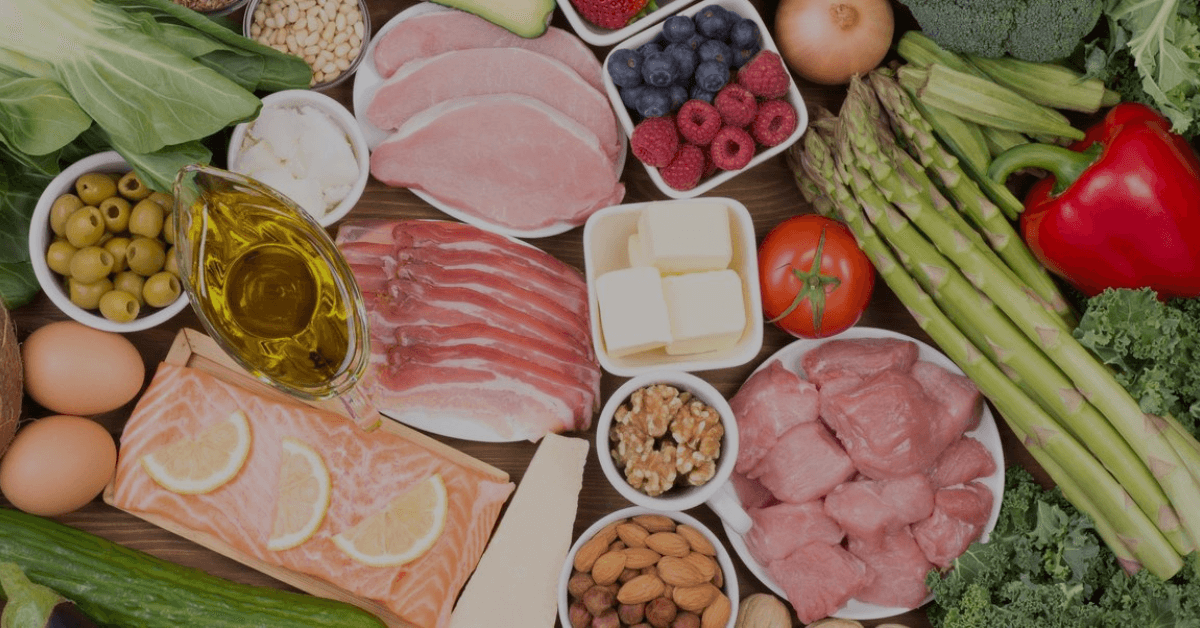Hey there! Are you thinking about trying the keto diet? You may want to know what you can eat. Don’t worry; I’ve got you covered.
Let’s explore eight types of keto diet foods and figure out how to make this low-carb lifestyle work for you.
What’s the Keto Diet All About?
Before we get into the food, let’s quickly learn about the keto diet. It’s a high-fat, moderate-protein, and very low-carb eating plan.
The goal is to get your body into ketosis, which burns fat for fuel instead of carbs.
On keto, you’ll typically aim for:
- 70-75% of calories from fat
- 20-25% from protein
- 5-10% from carbs
It’s a significant shift from the typical Western diet. Still, many people find it effective for weight loss and other health benefits.
8 Keto Diet Foods Group
Now, let’s get to the good stuff – what you can eat on keto. Remember, the key is keeping your carbs low, usually under 50 grams daily.
Here’s your keto-friendly food list:
Meats and Poultry
Meat is a superstar of the keto diet. It’s packed with protein and has zero carbs.
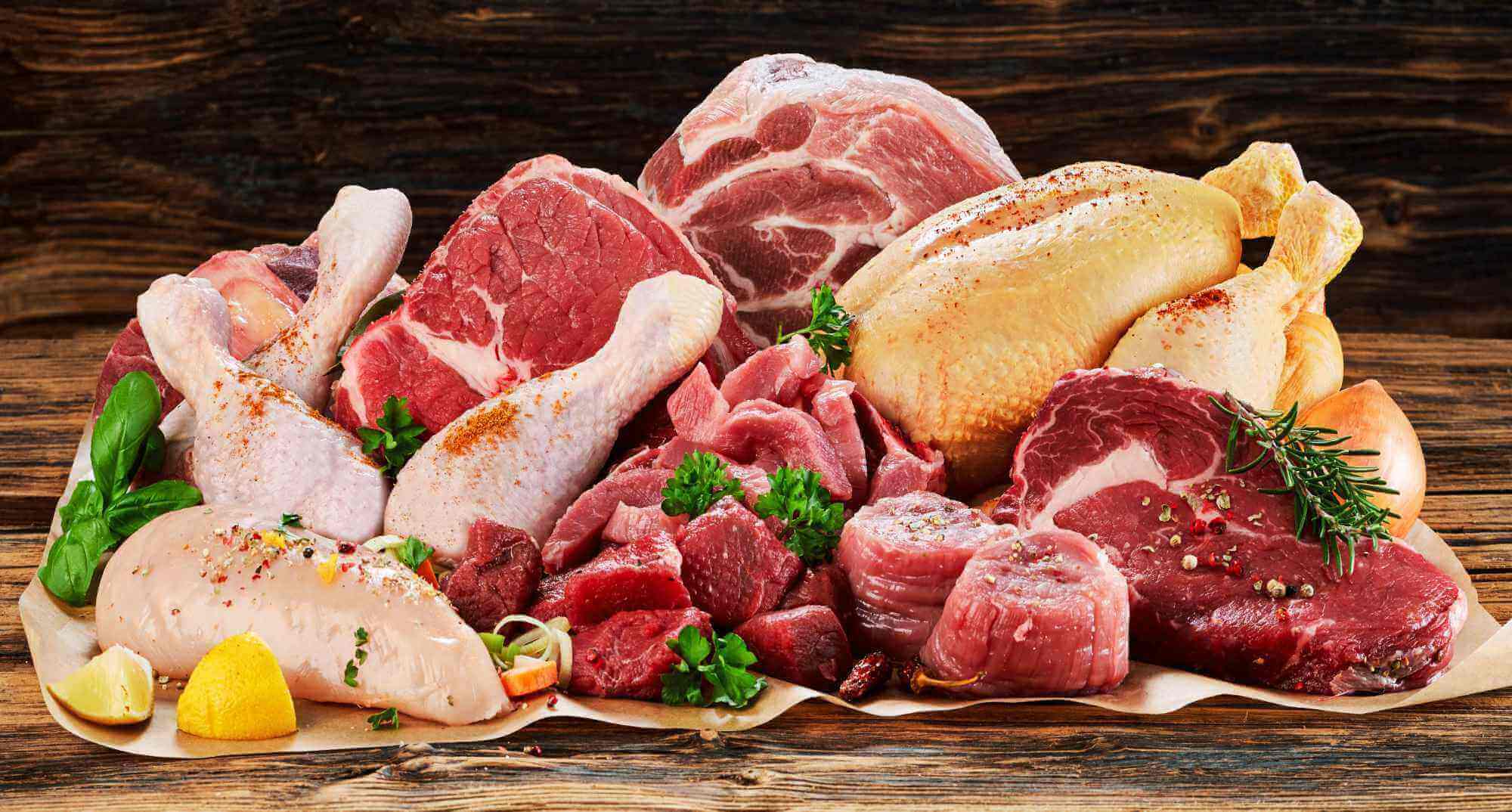
Try them all:
- Beef (steaks, ground beef, roasts)
- Pork (chops, tenderloin, bacon)
- Chicken (thighs, breasts, wings)
- Turkey
- Lamb
- Duck
Go for fattier cuts when you can. They’ll help you hit your fat intake goals. And don’t shy away from organ meats like liver – they’re nutrient powerhouses!
Fish and Seafood
Fish is another excellent choice for keto. It’s high in protein and healthy omega-3 fats.
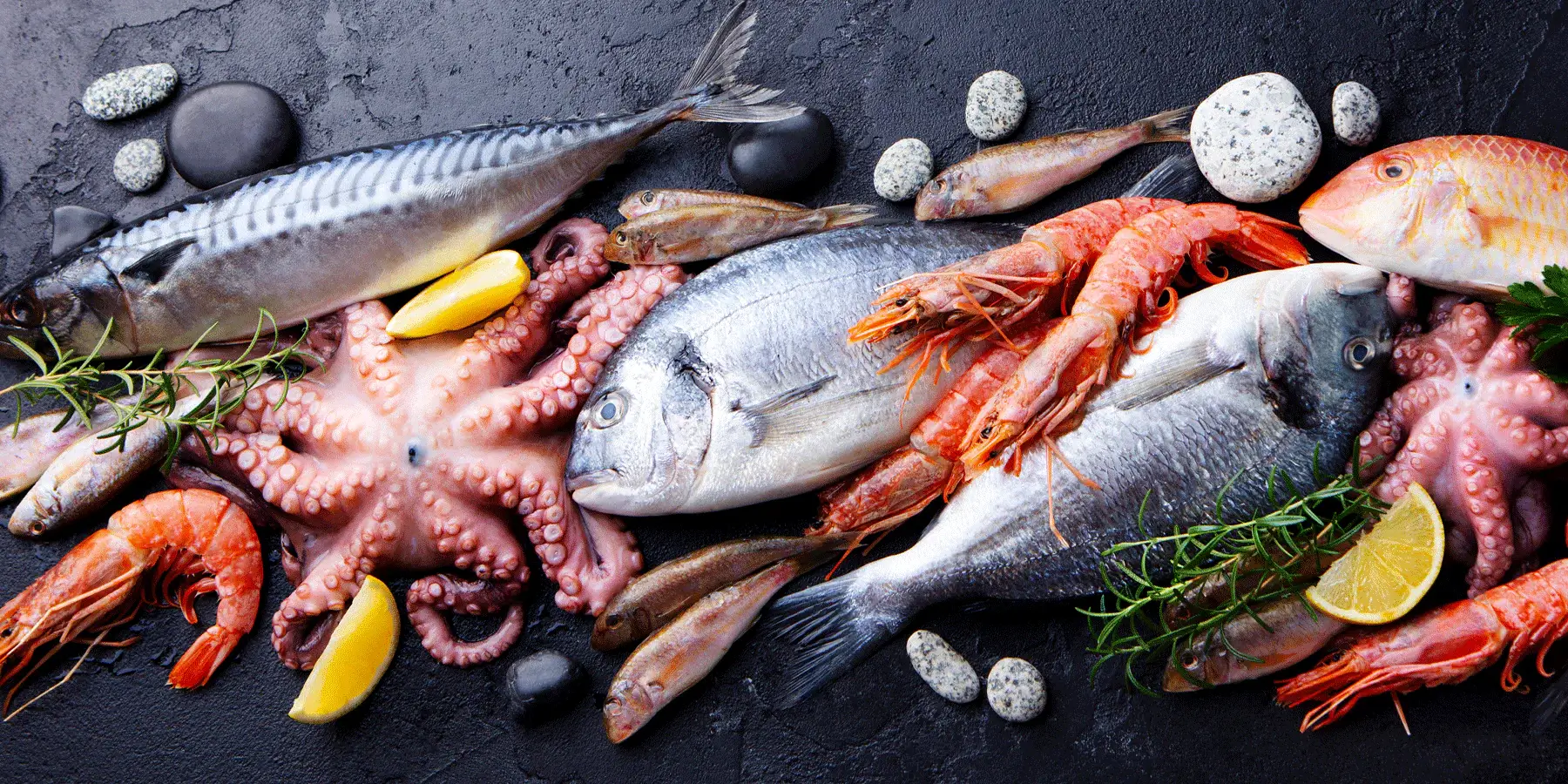
Try:
- Salmon
- Tuna
- Trout
- Mackerel
- Sardines
- Halibut
- Cod
- Shrimp
- Crab
- Lobster
Aim to eat fish at least twice a week. It’s suitable for keto and excellent for your overall health!
Eggs
Eggs are a keto dieter’s best friend. They’re versatile, affordable, and packed with nutrients.
Enjoy them:
- Fried
- Scrambled
- Boiled
- Poached
- In omelets
- In frittatas
Don’t toss the yolks – that’s where most nutrients are!
Low-Carb Veggies
Veggies are crucial for getting vitamins, minerals, and fiber. But on keto, you need to choose wisely.
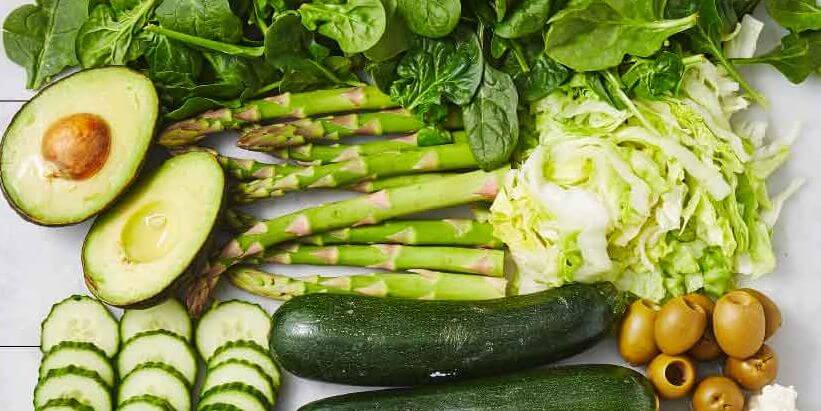
Stick to low-carb options like:
- Leafy greens (spinach, kale, lettuce)
- Broccoli
- Cauliflower
- Zucchini
- Bell peppers
- Asparagus
- Cucumber
- Celery
- Mushrooms
These veggies are low in carbs but high in nutrients. They’ll help you feel full and keep your digestion running smoothly.
High-Fat Dairy
Dairy can be part of a keto diet, but choose high-fat, low-carb options:
- Cheese (cheddar, gouda, mozzarella, blue cheese)
- Heavy cream
- Butter
- Full-fat Greek yogurt (in moderation)
- Sour cream
Watch out for milk – it’s high in lactose (milk sugar), which means carbs. Stick to small amounts if you use it.
Nuts and Seeds
Nuts and seeds are great for snacking on keto. They’re high in fat and low in carbs.
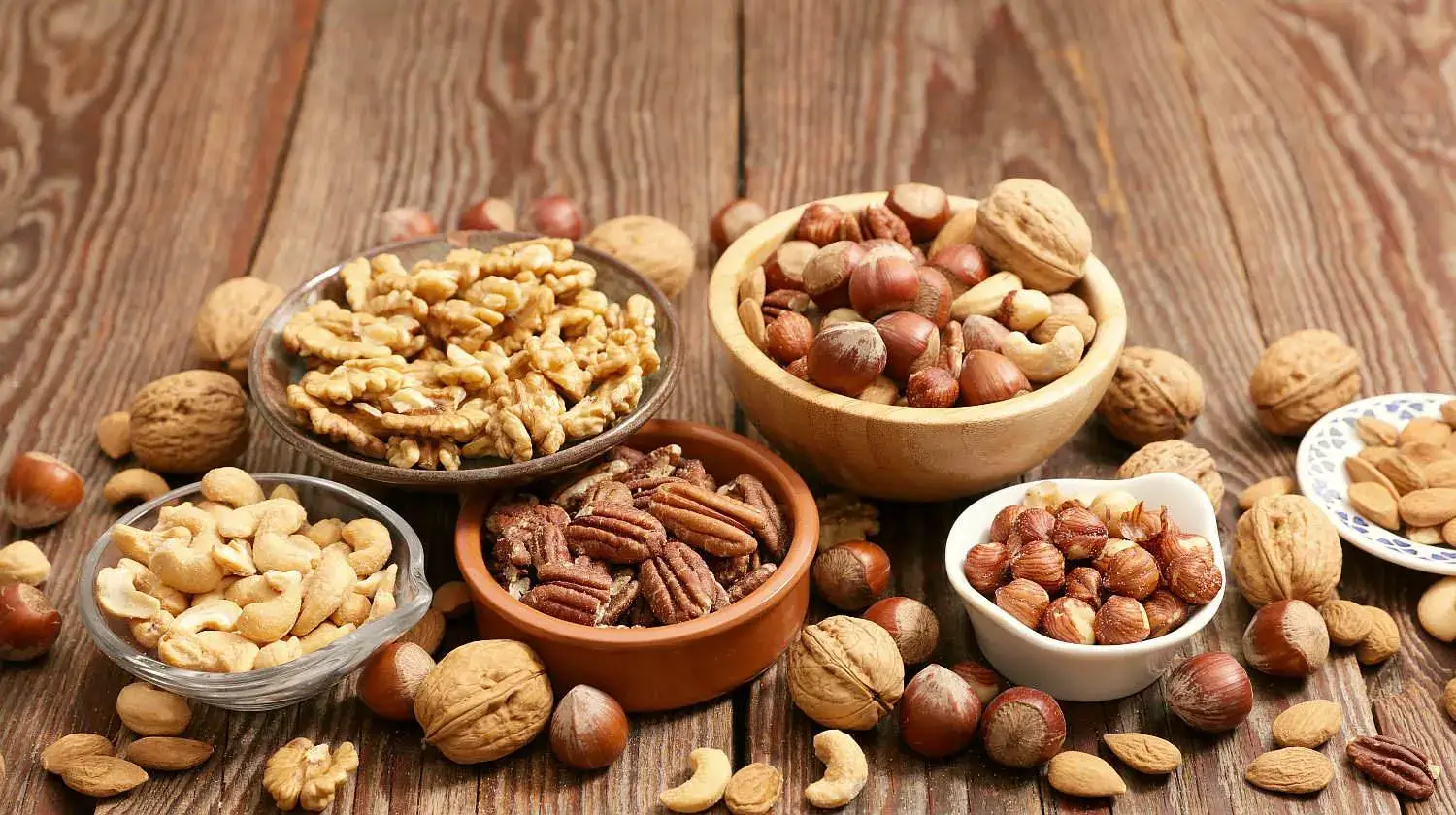
Try:
- Almonds
- Walnuts
- Macadamia nuts
- Pecans
- Pumpkin seeds
- Sunflower seeds
- Chia seeds
- Flaxseeds
Watch your portions – the carbs can add up if you eat too many.
Healthy Oils and Fats
Fats are the star of the show on keto.
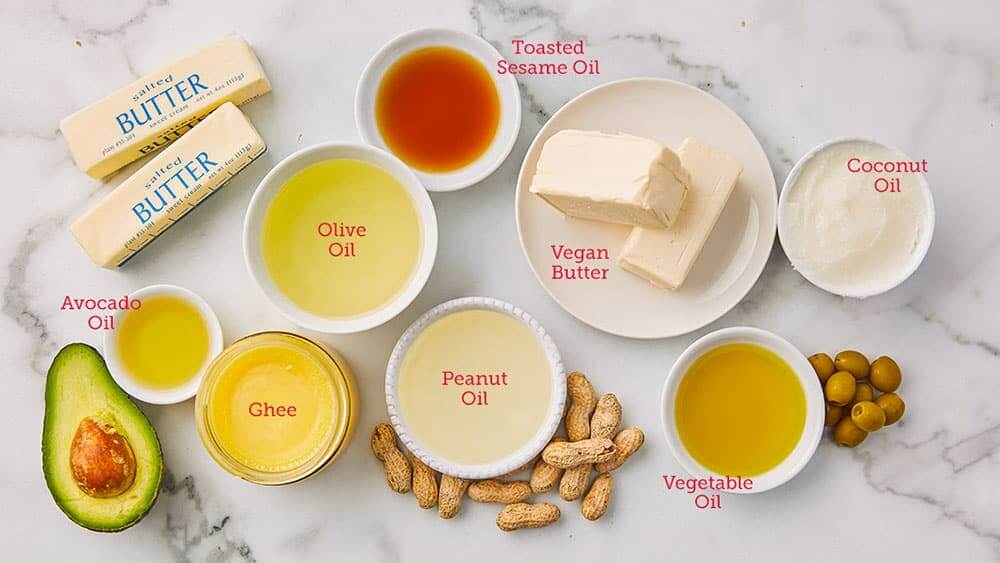
Use these healthy oils and fats:
- Olive oil
- Coconut oil
- Avocado oil
- MCT oil
- Butter
- Ghee
- Lard
- Tallow
These fats will help keep you full and provide energy on keto.
Low-Carb Fruits
Most fruits are too high in sugar for keto, but you can enjoy small amounts of low-carb fruits like:
- Berries (strawberries, raspberries, blackberries)
- Avocados (technically a fruit!)
- Olives
These fruits give you a sweet treat without too many carbs.
5 Healthiest Berries for Weight Loss
Here is the chart with details about various fruits and their total carbohydrate and net carbohydrate content per one cup serving, emphasizing options for a low-carb diet:
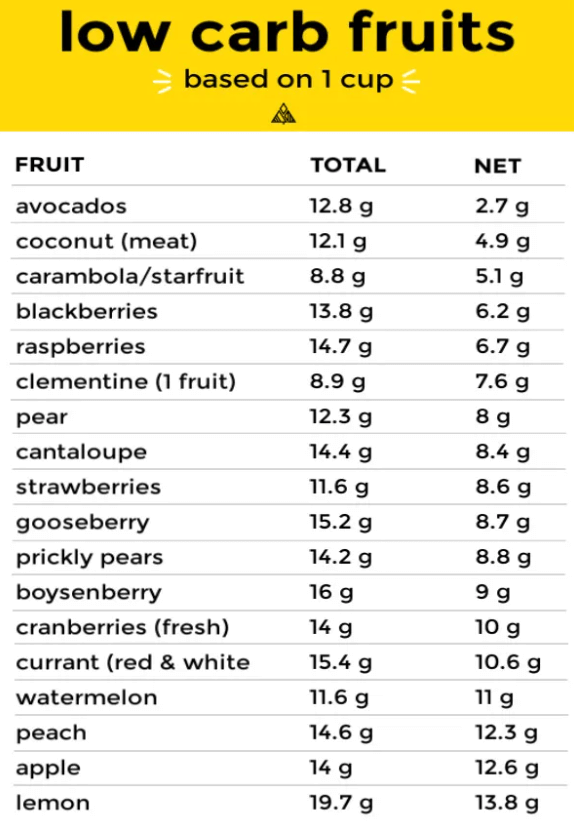
Keto Diet Foods to Avoid
Now that we know what to eat, let’s discuss what to avoid on keto. These foods are high in carbs and can kick you out of ketosis:
Grains and Starches
All grains are off the keto menu.
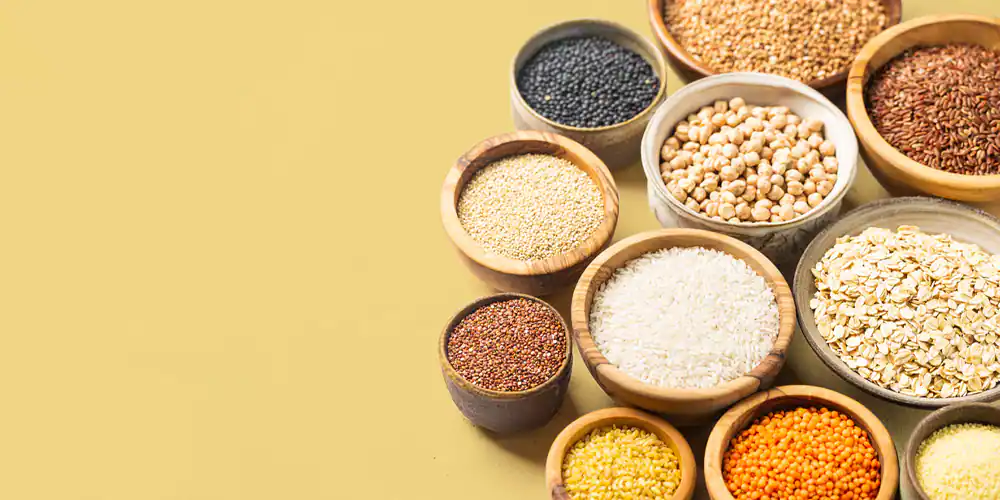
This includes:
- Wheat (bread, pasta, cereals)
- Rice
- Oats
- Corn
- Quinoa
- Barley
These foods are packed with carbs and can quickly derail your keto efforts.
Sugary Foods
Sugar is a big no-no on keto. Avoid:
- Candy
- Cookies
- Cakes
- Ice cream
- Sweetened yogurt
- Honey
- Maple syrup
- Agave nectar
Even natural sugars can spike your blood sugar and kick you out of ketosis.
Most Fruits
While fruits are healthy, most are too high in sugar for keto. Avoid:
- Bananas
- Apples
- Oranges
- Grapes
- Mangoes
- Pineapples
Stick to the low-carb fruits mentioned earlier.
Starchy Vegetables
Some veggies are too high in carbs for keto.
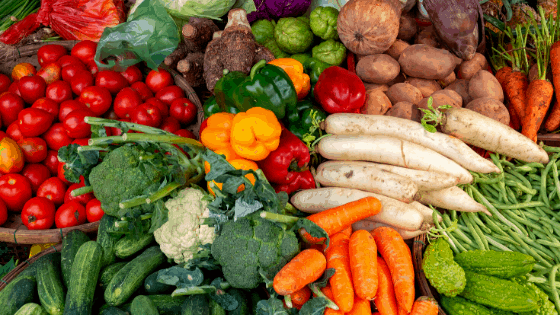
Stay away from:
- Potatoes
- Sweet potatoes
- Carrots
- Parsnips
- Beets
- Peas
These veggies can quickly use up your daily carb allowance.
Legumes
Beans and lentils are nutritious but too high in carbs for keto. Avoid:
- Black beans
- Kidney beans
- Chickpeas
- Lentils
- Peanuts (technically a legume)
High-Carb Dairy
Some dairy products are too high in carbs. Skip:
- Milk
- Flavored yogurts
- Ice cream
- Condensed milk
Stick to the high-fat, low-carb dairy options mentioned earlier.
Processed Foods and Snacks
Most processed foods are off-limits on keto. This includes:
- Chips
- Crackers
- Pretzels
- Most packaged snack foods
These foods are often high in carbs and unhealthy additives.
Sugary Drinks
Liquid carbs can add up fast. Avoid:
- Soda
- Fruit juices
- Sweetened tea or coffee drinks
- Sports drinks
- Most alcoholic beverages (especially beer)
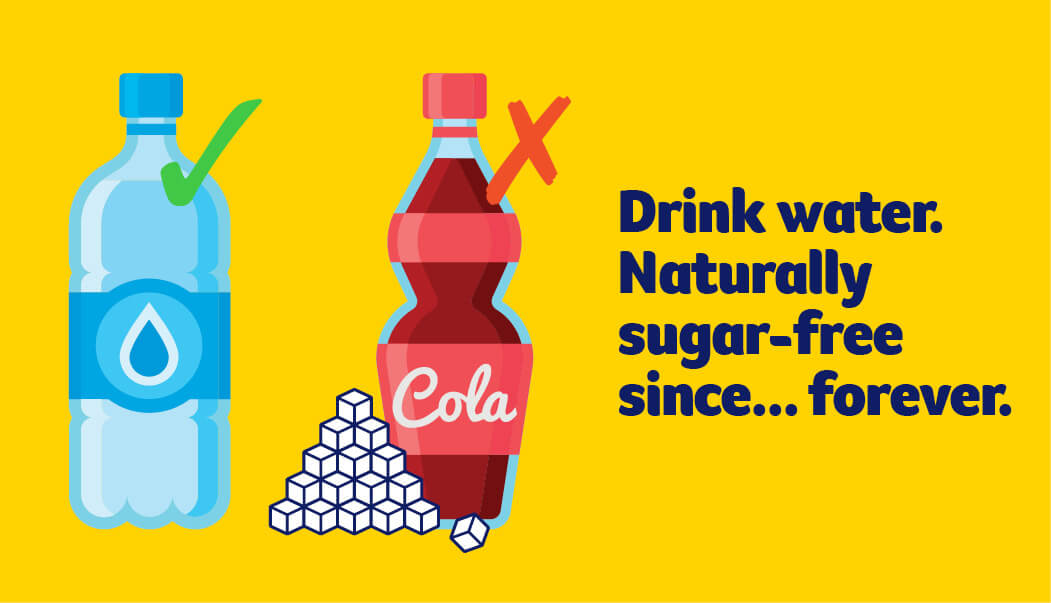
Stick to water, unsweetened tea, and coffee without sugar.
Keto Diet Benefits
Now that we’ve covered what to eat, let’s discuss why people choose keto. The diet has some potential benefits:
- Weight loss: Many people lose weight quickly on keto.
- Blood sugar control: It can help manage blood sugar levels.
- Increased energy: Once you adapt, you might feel more energetic.
- Reduced appetite: High-fat foods can help you feel full longer.
- Improved focus: Some people report better mental clarity on keto.
Of course, everyone’s experience is different. What works for one person might not work for another.
Top 10 Superfoods and Their Amazing Benefits
Keto Diet Side Effects
It’s not all smooth sailing, though. The keto diet can have some side effects, especially when you’re starting:
- Keto flu: You might feel tired, achy, and foggy for the first few days.
- Constipation: The lack of fiber can cause digestive issues.
- Bad breath: Ketones can cause a fruity or acetone-like breath.
- Nutrient deficiencies: If careful, you might take advantage of essential vitamins and minerals.
- Dehydration: You’ll need to drink more water on keto.
Most of these side effects are temporary and can be managed with proper planning and care.
Is the Keto Diet Safe?
This is a big question, and the answer is complex. When done right, keto can be safe for many people, but it’s not for everyone.
Keto can be safe if you:
- Are generally healthy
- Don’t have a history of eating disorders
- Are not pregnant or breastfeeding
- Don’t have certain medical conditions (like liver or pancreatic disease)
However, it’s always best to talk to your doctor before starting any new diet, especially one as restrictive as keto.
Is the Keto Diet Safe for Seniors?
Seniors can follow a keto diet, but they must be extra careful.
Here’s why:
- Seniors often need more protein to maintain muscle mass.
- They may be at higher risk for nutrient deficiencies.
- Some seniors take medications that could interact with a high-fat diet.
If you’re a senior considering keto, it’s crucial to consult with your doctor and maybe a dietitian. They can help you make sure you’re meeting all your nutritional needs.
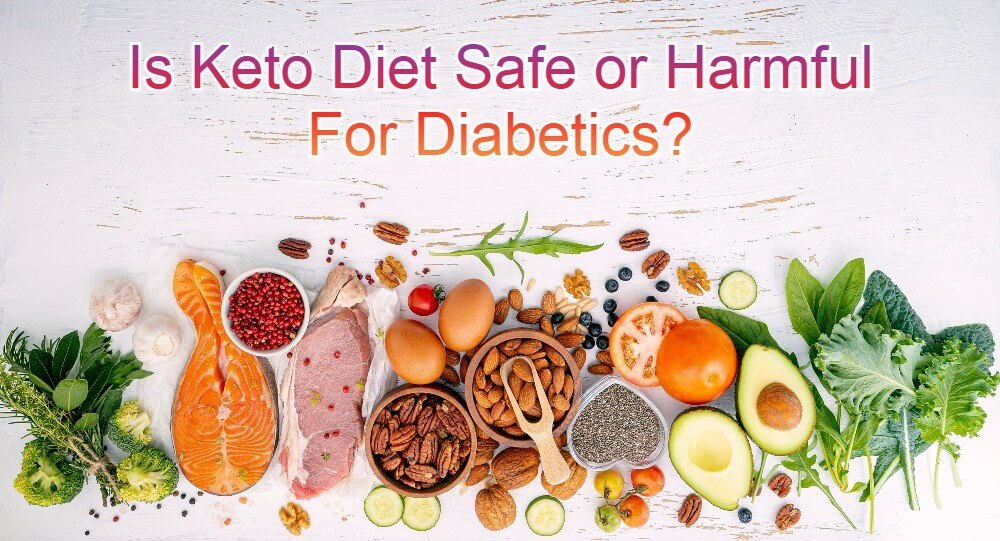
Is the Keto Diet Safe for Diabetics?
For some people with type 2 diabetes, keto can help manage blood sugar levels.
But it’s not without risks:
- It can cause dangerous drops in blood sugar.
- It might affect how your diabetes medications work.
- It could increase the risk of diabetic ketoacidosis in some cases.
If you have diabetes and want to try keto, you absolutely must consult closely with your doctor. They can help you adjust your medications and monitor your health.
Long-Term Effects of Keto Diet
We’re still learning about the long-term effects of keto, but some studies suggest it might benefit certain health conditions.
But there are also concerns:
- It might affect bone density over time.
- There’s a risk of nutrient deficiencies if you’re not careful.
- Some people need help sticking to it in the long term.
- We have much to learn about its effects over many years or decades.
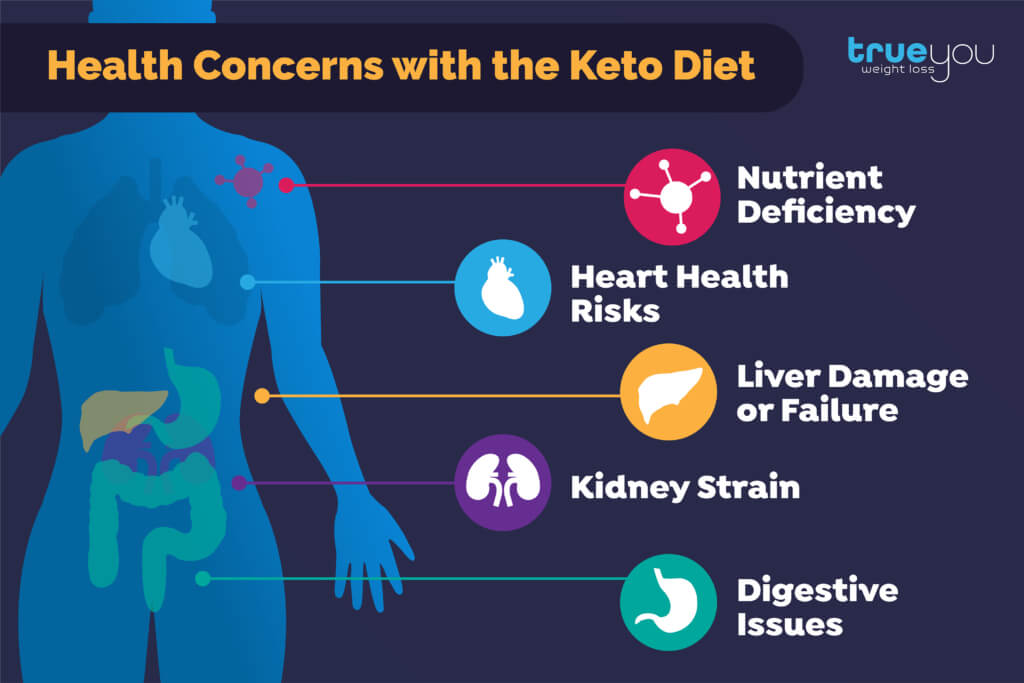
If you’re thinking about staying on keto for a long time, regular check-ups with your doctor are a must.
Is Keto Healthy Long-Term?
This is a tricky question to answer. Some people have done well on keto for years. Others find it’s not sustainable for them.
Here are some things to consider:
- Getting all the nutrients you need on a very low-carb diet can be challenging.
- You might miss out on the benefits of whole grains, fruits, and legumes.
- It can be socially challenging to avoid carbs all the time.
- Some people experience a rise in cholesterol levels.
On the flip side, some people feel great on keto and maintain it long-term without issues. It depends on the individual.
Keto Diet for Weight Loss
Many people turn to keto for weight loss. And it can work!

Here’s why:
- It can help reduce appetite, making it easier to eat less.
- It may boost your metabolism slightly.
- The initial weight loss (often water weight) can be motivating.
But remember, any diet only works if you can stick to it. And rapid weight loss is only sometimes sustainable. Focusing on healthy, long-term habits rather than quick fixes is essential.
Keto Diet for Beginners
If you’re new to keto, it can seem overwhelming.
Here are some tips to get started:
- Clear out high-carb foods from your kitchen.
- Stock up on keto-friendly foods.
- Plan your meals.
- Track your carbs, at least at first.
- Stay hydrated and get enough electrolytes.
- Be patient – it can take a few weeks to adapt.
- Don’t fear fat – it’s your primary energy source now!
Remember, it’s okay to ease into it. Some people find gradually reducing carbs helpful instead of cutting them out immediately.
Wrapping Up: Is Keto Diet Right for You?
We’ve covered a lot of ground here! From keto diet foods to eat and avoid to the potential benefits and risks.
So, is keto good for you?
Only you can decide that, ideally with input from your healthcare provider. Keto can be a powerful tool for some people, especially for short-term weight loss or managing certain health conditions. But it’s not a magic solution and is only suitable for some.
If you do decide to try keto, remember these key points:
- Focus on whole, nutrient-dense foods.
- Pay attention to your veggies – they’re crucial for fiber and nutrients.
- Stay hydrated and mind your electrolytes.
- Listen to your body – if something doesn’t feel right, talk to your doctor.
- Remember that no single diet works for everyone. It’s okay if keto isn’t for you!
Whatever you decide, finding a healthy, sustainable, and enjoyable eating pattern is important. After all, the best diet is one you can stick to long-term!

